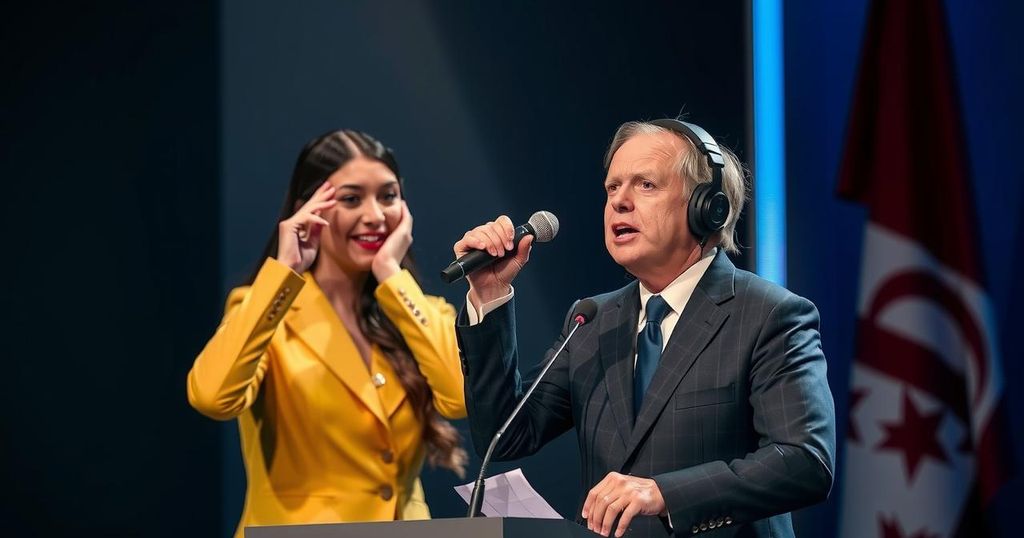TikTok Under Scrutiny for Alleged Election Interference in Romania

TikTok is accused of election interference in Romania following the unexpected victory of far-right candidate Călin Georgescu. The Supreme Council of National Defense claims that TikTok’s algorithm disproportionately favored his content, raising concerns about foreign influence and social media’s role in elections. TikTok disputes these claims, asserting equal treatment for all candidates.
TikTok is currently under investigation in Romania over allegations of election interference stemming from the unexpected success of far-right candidate Călin Georgescu in the recent presidential election. The Romanian Supreme Council of National Defense asserted that TikTok’s algorithm significantly enhanced Georgescu’s visibility, enabling him to gain substantial traction on the platform prior to the election. This claim suggests that Georgescu, who was largely unknown before this campaign, received preferential treatment that contributed to his ability to defeat established candidate Marcel Ciolacu.
Georgescu’s ascent, characterized by viral content that accumulated over 100 million views, has raised concerns among Romanian officials regarding foreign influence, particularly from Russia, in the electoral process. They contend that TikTok’s failure to label certain content as campaign material allowed for an imbalance in visibility among the candidates. TikTok denied these allegations, maintaining that all candidates, including Georgescu, were treated equally under the platform’s policies. The Romanian government is now examining the validity of these claims as the elections move towards a runoff scheduled for December 8.
The current scrutiny surrounding TikTok in Romania stems from allegations that the platform’s operational mechanisms played a pivotal role in altering the public’s perception of candidates during the presidential elections. The unexpected election of Călin Georgescu—who aligns with pro-Russian sentiments and has made controversial political statements—has raised alarms about the influence of social media in political arenas, particularly in Eastern European nations susceptible to foreign interference. Until now, there have been precedence set by various global incidents where social media platforms, such as Facebook during the 2016 U.S. elections, played critical roles in influencing electoral outcomes through the dissemination of targeted content, often with undetermined effects on democratic processes.
In conclusion, TikTok is facing serious allegations of electoral manipulation due to the perception that its algorithm provided undue advantage to a far-right candidate in Romania’s presidential election. The conflict highlights significant concerns about the impacts of social media on political processes, especially regarding transparency and foreign influence. As investigations continue, the stakes for ensuring fair and unbiased digital platforms in political contexts become ever more critical.
Original Source: www.businessinsider.com








